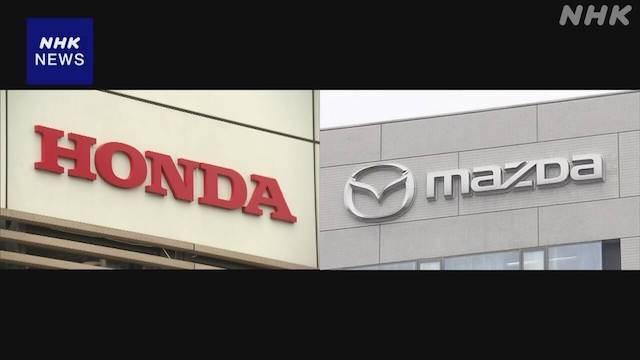TOKYO, Feb 21 (News On Japan) - In this year's Shunto (spring wage negotiations), Honda and Mazda provided full responses to their labor unions on the 21st, marking the earliest responses among major automakers. Both companies plan to implement wage increases at a high level, and the focus is on whether this trend will spread further.

During this year's Shunto, Honda's labor union demanded a wage increase amounting to 20,000 yen per month, which represents the highest level in 32 years when combining base pay increases and regular wage hikes. In addition, they demanded a one-time bonus equivalent to 7.1 months of salary, which would be the highest ever. On the 21st, during the second round of labor-management negotiations, the company fully met the union's demands, acknowledging issues such as rising prices. The company aims to lead the direction of labor-management negotiations within its group companies.
On the other hand, Mazda responded fully on the 21st to the labor union's demand for a combined wage increase of 16,000 yen per month, which includes the equivalent of a base pay hike and regular wage increases. This represents the largest wage increase since the current personnel system was established in 2003. As both companies are the earliest responders among major automakers, with each company's labor union demanding high-level wage increases, the focus is now on whether this movement will continue to expand.
Source: NHK















